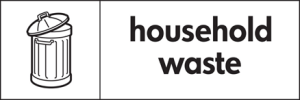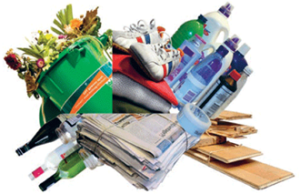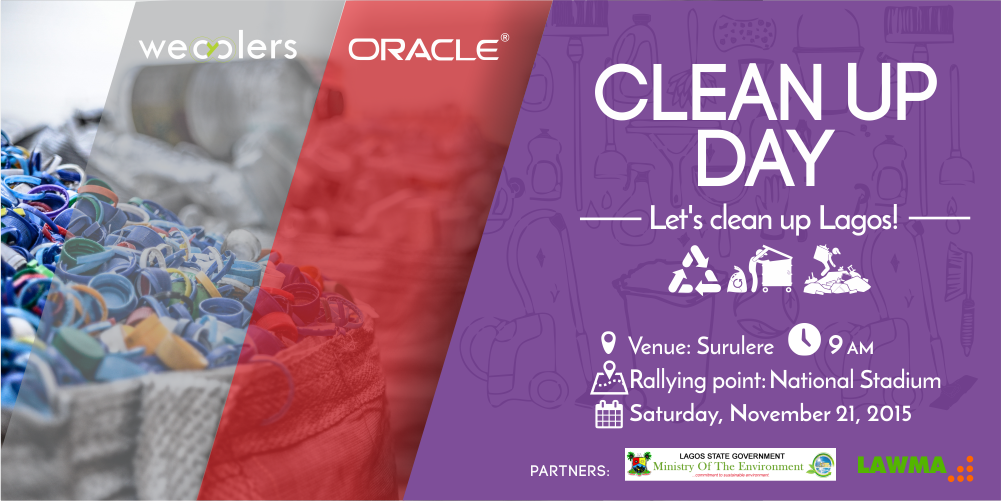 In the course of most human activities substantial quantities of various wastes are generated. Now it is quite clear that such waste should be properly managed. Without appropriate waste management we would soon live on dumpsites and landfills than in our homes. The recent development in the suburbs of Beirut due to the city’s ongoing garbage crisis is a reminder. We only have to decide on whether we will recover, regenerate and reuse the waste otherwise disposed of, or not.
In the course of most human activities substantial quantities of various wastes are generated. Now it is quite clear that such waste should be properly managed. Without appropriate waste management we would soon live on dumpsites and landfills than in our homes. The recent development in the suburbs of Beirut due to the city’s ongoing garbage crisis is a reminder. We only have to decide on whether we will recover, regenerate and reuse the waste otherwise disposed of, or not.
If, for instance, a plastic cup is discarded in mixed waste, such used packaging will lose not only any chance to be reused, but also its value. However, if household waste is properly sorted already at the household, particular waste items can be recycled and reused in the form of new, commonly applicable products.
Rubbish must be sorted at source in order for it to be recycled.
The easiest way for waste sorting is at the point of origination, i.e., in your household at the end of the concerned item‘s service life as soon as you want to throw it away. Simply, the packaging should be put into a basket, bag or box designed for the appropriate sorted waste type.
From experience it ensues that an average household mostly produces paper and plastic wastes. The largest spaces should therefore be reserved for putting the two waste types aside. Scrap glass should be best stored in plastic boxes. Many people put used beverage cartons in the same box or bag as used for used plastic packages leading to additional sorting at collecting containers (if not collected together).
Sorting rubbish
The following categories of rubbish can be sorted:
Glass: empty bottles and jars without cap or lid. In most municipalities, clear glass and coloured glass must be separated. New glass containers are made from the recycled glass. Warning: ceramics, tempered glass, pyrex or fireproof glass, mirrors, window panes and lightbulbs must not be included in the glass waste, but disposed of with bulky waste.
Paper and cardboard: newspapers, magazines, boxes and similar must be sufficiently clean to be recycled. Warning: paper tissues, kitchen roll, stickers, juice boxes, carbon paper and wallpaper, dirty or grease paper and cellophane paper are not recyclable as paper and should be kept separately and disposed of in the regulation bag for non-sorted waste.
Plastic, Metal and Drink waste (PMD): packaging made of plastic or metal and drink cartons are used for recycling purposes to make new packaging, textile fibres, etc. Warning: butter wrappers, plastic pots (eg. yoghurt pots), packaging for hazardous and poisonous products, plastic bags and aluminum foil must not be included with the PMD waste. Put these in the regulation bag for non-sorted rubbish.
Organic waste: Greens (vegetables), fruit and garden waste, trimmings, grass and leaves are compostable. This waste can be collected at your home. It is also easy to compost it yourself for use in your garden.
Small hazardous waste or small chemical waste: syringes, fluorescent lamps, detergents, cosmetics, paint and varnish, used oil, pesticides and similar are harmful to the health and the environment. They need to be collected separately.
Reusable textiles: clothing, shoes, bed linen and similar are picked up at your home try to cultivate a habit of giving away used clothes in good condition to the less fortunate.
Discarded electrical and electronic appliances: Refrigerators, televisions, computers, washing machines and similar can be handed in for free at the point of sales or at recycling plants.
– Culled from:
http://www.belgium.be/en/environment/sorting_and_recycling_household_waste#sthash.fBry5BEr.dpuf
http://ge.ch/dechets/media/dechets/files/fichiers/documents/Publications/sorting_household_waste.pdf
http://time.com/4235852/river-of-trash-beirut-suburbs




